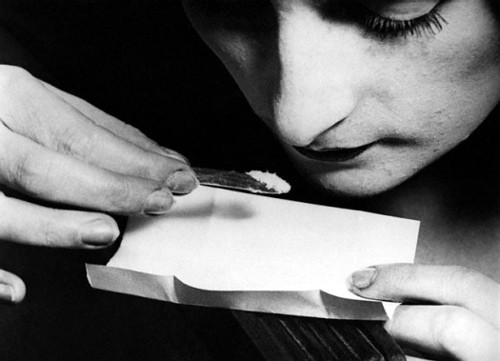New Cocaine Addiction Vaccine Works!
Researchers say that they’ve come up with a vaccine that can attach to cocaine in the body and destroy it before it gets to the brain.
Yale University Medical School researchers say that their cocaine addiction vaccine worked 38% of the time in a recent study trial; which is a significant breakthrough in the quest for a viable medication for cocaine and other drug addictions.
At present, no medications are available to help people quit cocaine – and the behavioral therapies available are of limited effectiveness. A cocaine vaccine has been under development for years, but this is the first time that a vaccine has worked well in a clinical trials.
The cocaine vaccine under development would not immunize people from cocaine before first use, but would be used only for those that had developed an addiction.
How It Works
The vaccine works by binding to the very small cocaine molecules that enter into the bloodstream, making a larger, recognizable molecule that the immune system then attacks and destroys. Since this all happens before the molecule passes the blood brain barrier into the brain, ingested cocaine has no or very little effect – it doesn’t create a high.
Since people don’t get high easily, the vaccine helps those motivated to quit to stay abstinent.
The Experiment
The Yale researchers found 115 cocaine addicted study subjects at a methadone clinic and divided these participants into 2 groups. Half received 5 injections of the vaccine over the 12 week trial, and half received 5 injections of a placebo over that same time period.
Of the 55 that received the 5 vaccine injections, 38% attained an antibody level of 43 micrograms per milliliter or higher in the blood, the minimum level thought needed to produce a significant immune response.
- Those that attained this antibody level had 45% cocaine free urine samples during weeks 9-16, compared to 35% drug free urine samples for those that did not attain the needed antibody level.
No serious side effects were reported during this trial study.
Dr. Thoman Korsten, the lead researcher, called his experiment, "The first successful placebo controlled test of a vaccine for cocaine.” He also explained that with a working vaccine system in place, they should be able to develop antibodies for other drugs of abuse, saying, “all the other drugs of addiction should work except alcohol because that molecule is too small to make an antibody to it."
Based on these very positive preliminary findings, NIDA will fund a larger study of the vaccine beginning in the new year.
The study has been published in the Journal of The American Medical Association.


